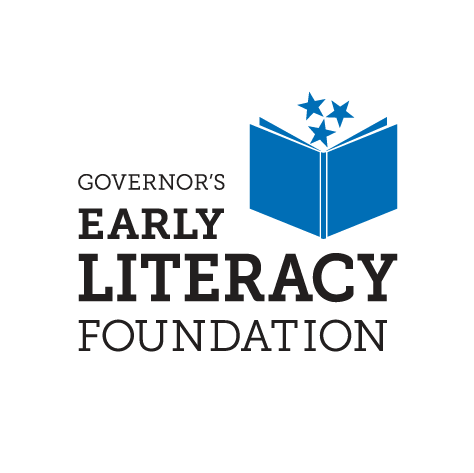The Hechinger Report writes on the efficacy of book delivery programs, summarizing a recent study done to measure the impact of free books on developing a child’s early literacy skills. The article notes, “Literacy experts have long known that reading to toddlers, even babies, can make a big difference in children’s reading abilities later in elementary school. But does simply giving away free books to low-income families with young children help with early reading?” Key Take-Aways:
- An analysis of 44 studies of book giveaway programs concludes that free stuff does work.
- “Participation in any book giveaway program yielded a positive effect,” said Ingrid Willenberg, one of the researchers, by email. “[But] we found that programs like Reach Out and Read, that involve interaction with parents and provide guidance on how to read, showed a greater effect.”
- The number of free books, it turned out, didn’t matter. Bookstart, which gives away only a few, was just as effective as Dolly Parton’s Imagination Library which gives out 60 books to each child over five years. (Reach Out and Read distributes about 10 books to each child over the same period.) What this means is that the giveaway programs don’t need to build an entire library for each child to be successful.
- Harvard education professor James Kim, a reading specialist, cautions against mailing out books without some sort of parent interaction. “I would say that the most cost-effective and effective approach is not simply to give books to kids/families but to ensure that there is some form of support via contacts, tips on shared reading, and providing ongoing nudges/supports.”
Click here to download the full report. The Hechinger Report is a national nonprofit newsroom that reports on one topic: education.



